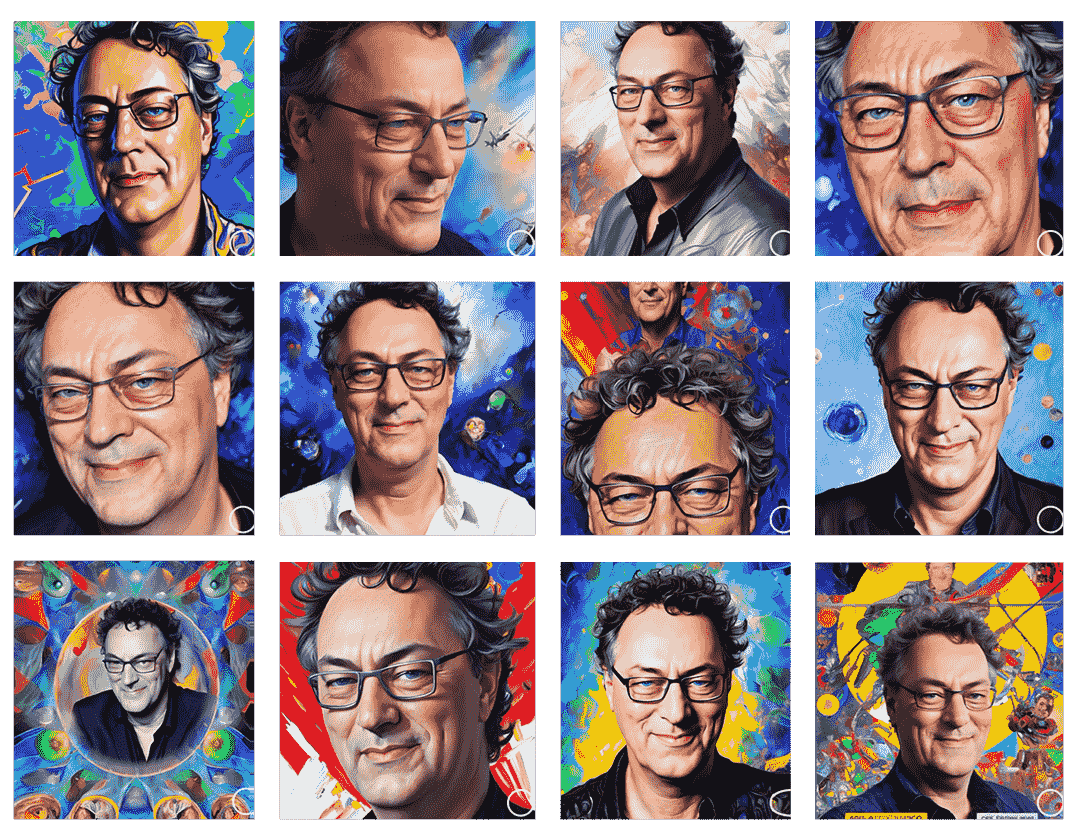
read more via Project Syndicate
“ChatGPT, the new artificial intelligence chatbot developed by the San Francisco-based research laboratory OpenAI, has taken the world by storm. Already hailed as a milestone in the evolution of so-called large language models (LLMs), the world’s most famous generative AI raises important questions about who controls this nascent market and whether these powerful technologies serve the public interest.
For all its flaws, ChatGPT obviously represents a major technological breakthrough, which is why Microsoft recently announced a “multiyear, multibillion-dollar investment” in OpenAI, reportedly amounting to $10 billion, on top of the $1 billion it had already committed to the company. Originally a nonprofit, OpenAI is now a for-profit corporation valued at $29 billion. While it has pledged to cap its profits, its loose-fitting structure limits investors’ returns to 10,000%.
But it is not clear what, if anything, policymakers should do. On one hand, if regulators do nothing, the generative-AI market could end up dominated by one or two companies, like every digital market before it. On the other hand, the emergence of open-source LLMs, such as the text-to-image tool Stable Diffusion, could ensure that the market remains competitive without further intervention.



As was debated at the recent World Economic Forum meeting in Davos, generative AI is too powerful and potentially transformative to leave its fate in the hands of a few dominant companies. But while there is a clear demand for regulatory intervention, the accelerated pace of technological advance leaves governments at a huge disadvantage. Whichever path global policymakers choose, standing in place is not an option. It is abundantly clear that leaving it to the market to decide how these powerful technologies are used, and by whom, is a very risky proposition…” READ ON.
